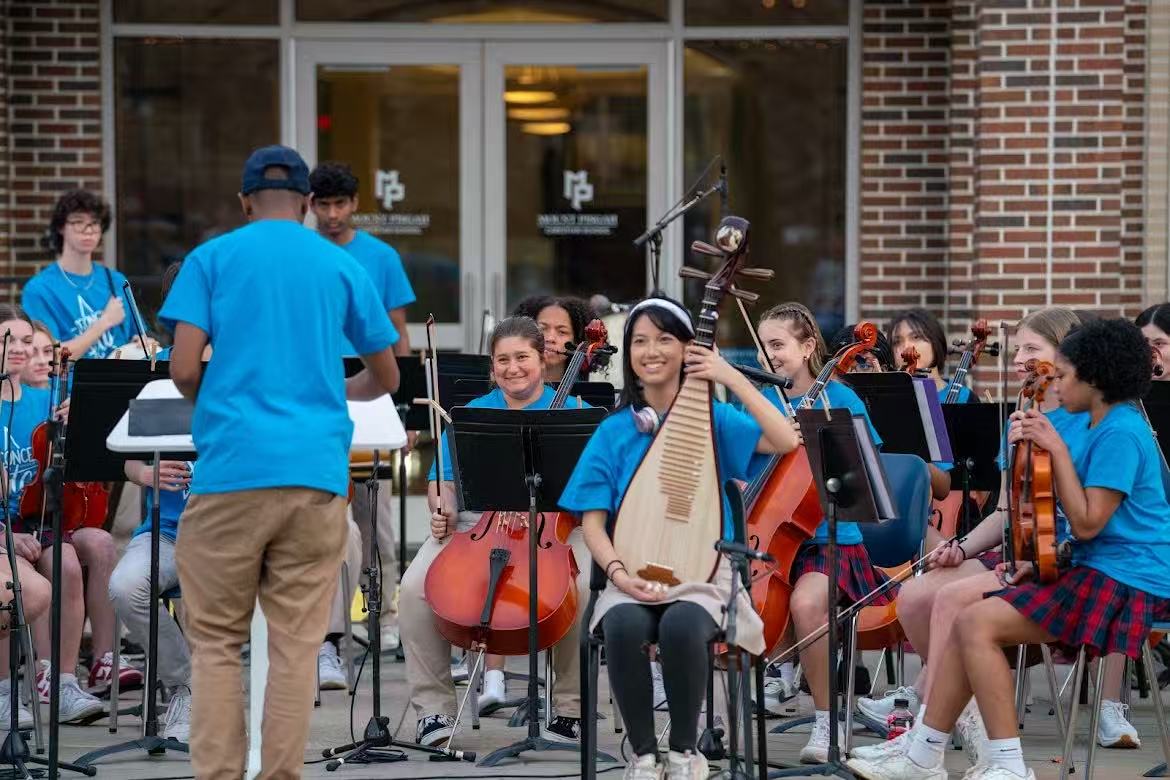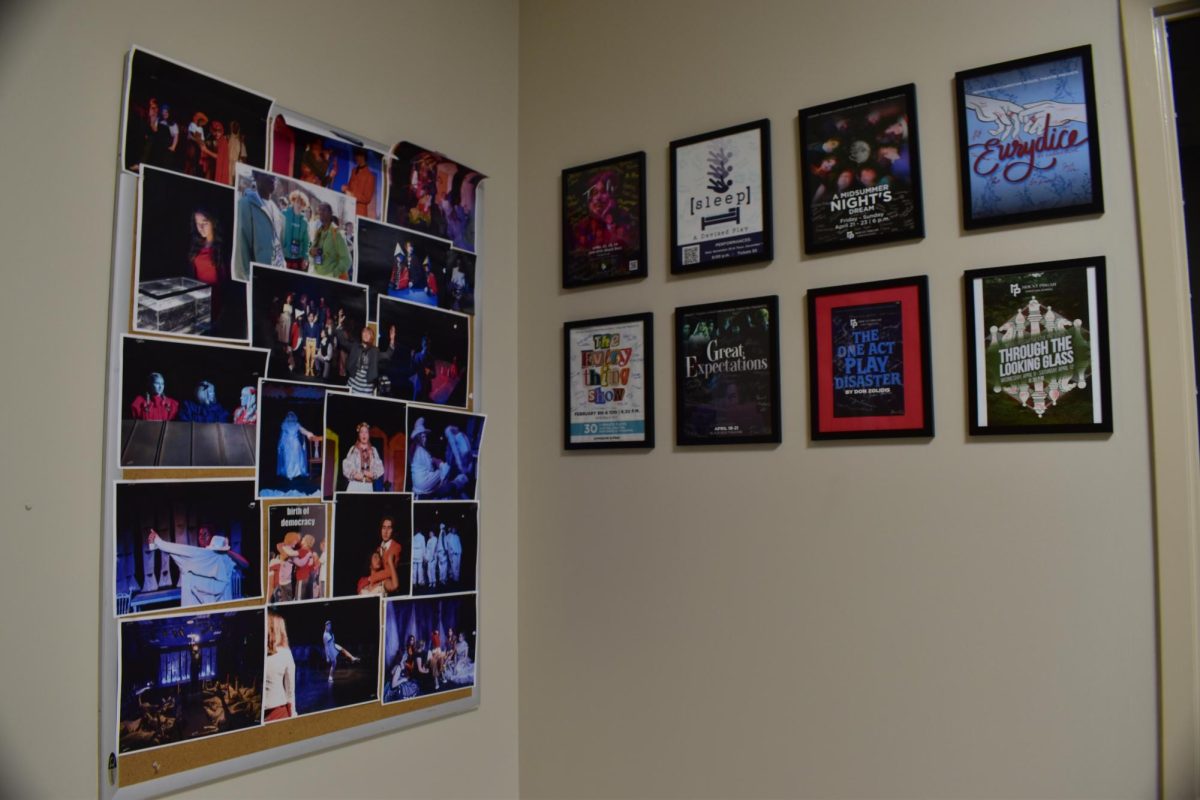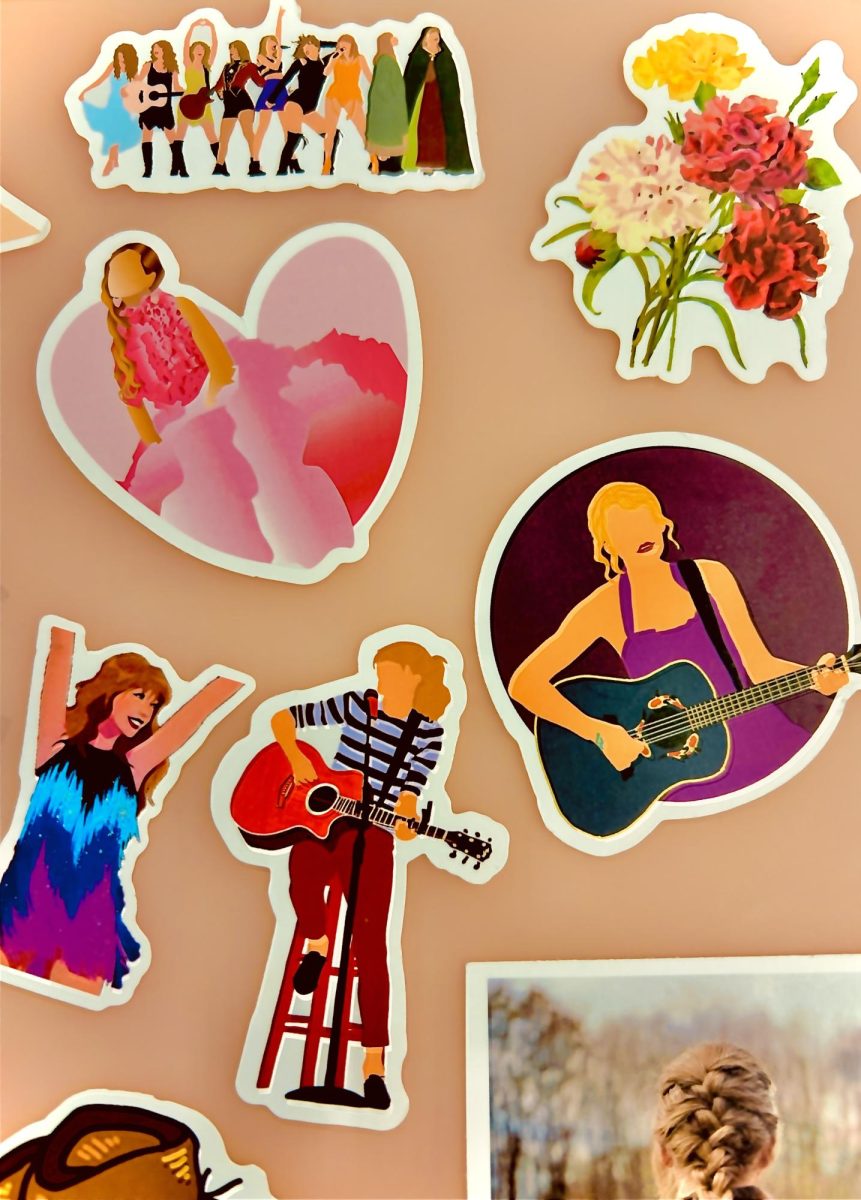The other day I was in the car with my mom and my headphones were not working so I played my music aloud. To my dismay, my mother did not want to listen to “Willow” by Taylor Swift; she said, “Claire, I am begging you to play something else, this is way too depressing.”
I was completely flabbergasted, Evermore by Swift is my comfort album, despite its extremely saddening theme. This made me wonder – why am I drawn to sad music when there are millions of uplifting songs out there?
Trends influence our musical taste. A good example of this is ‘sad girl autumn’ a time of year to watch Gilmore Girls, drink pumpkin spice lattes, and tend to contemplate our existence while staring into the void because it gets dark at 5 p.m. Coincidentally, there are albums that are seemingly devoted to capturing this mood, such as Swift’s albums Red, Folklore, Evermore and Tortured Poet’s Department.
Additionally, beloved AP world history teacher and music expert, Parker Durrance, claims that music is simply subjective and our personal tastes and moods determine what songs we listen to. So while he hates Swift’s music, I could listen to it all day.
Durrance says that where we grew up and our families also influence our musical preferences.
While Durrance believes it is simply subjective on a more scientific level because our brains release dopamine when we listen to certain artists, genres or styles. Each person’s brains react differently to different things.
People like to connect to music, resulting in songs similar to certain circumstances. Freshman Valentina Feitosa Caramelo, says she personally relates to “Block Me Out” by Gracie Abrams. In this song Abrams unpacks how it feels to let yourself down and feel unable to let go of it. Feitosa Caramelo connects to this song as she often feels held back by her past mistakes.
Overall, music is something to confide in; A way of finding comfort in this unpredictable world.








